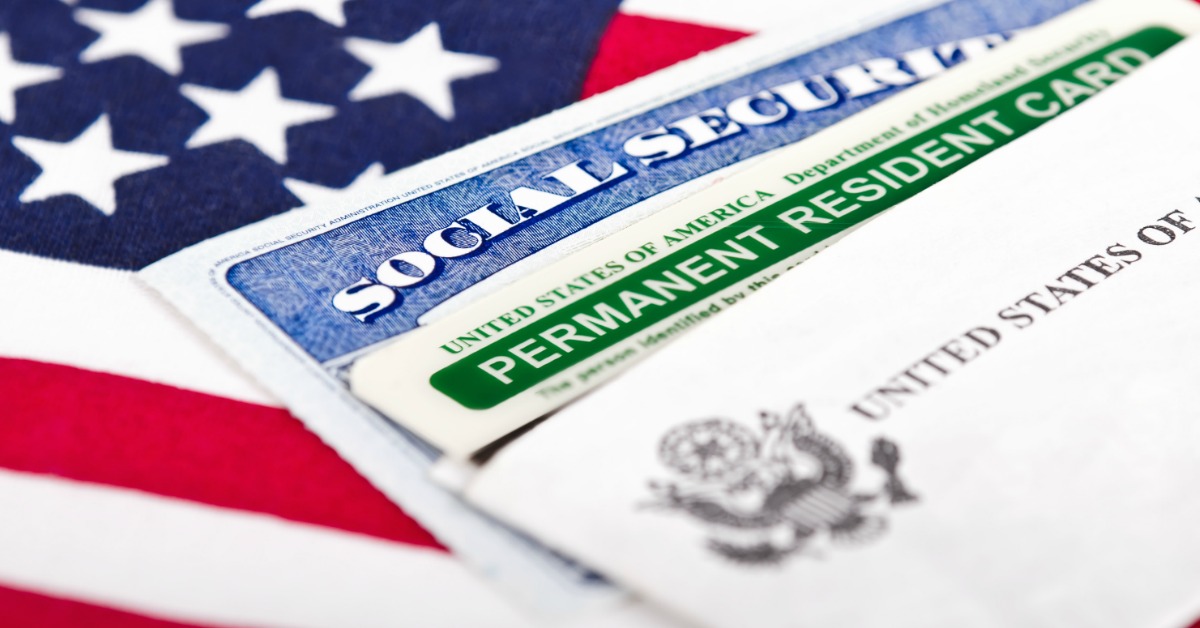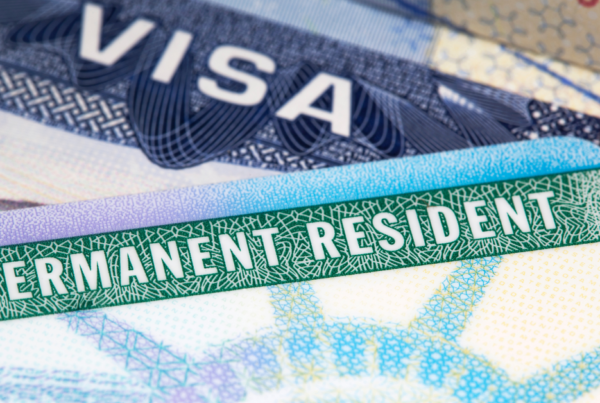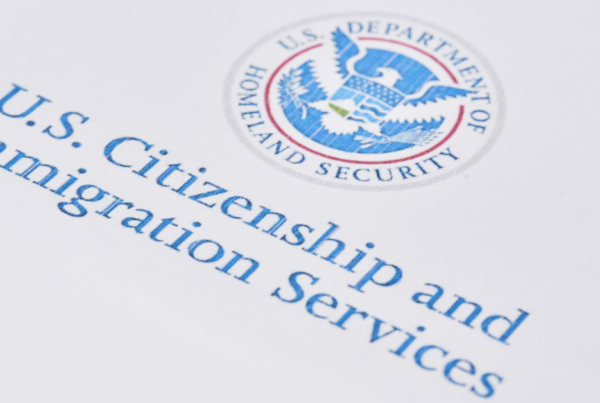
The California business visa comes is a variety of classifications and these can be quite confusing without a simple explanation of what each visa is for. So, today we’re taking a closer look at the different types of business visa so that you can determine which visa type is best for your needs.
The California Business Visa
In the United States there are multiple classifications of business visas. Each classification has specific uses. These California business visa types include:
- B-1 Visa (Business Visitors)
- L-1 Visa (Intra-company transferees)
- E-1 Visa (Treaty Traders and Family)
- E-2 Visa (Treaty Investors and Family)
B-1 Visa
The B-1 visa is also referred to as the “visitor for business” visa. Foreign nationals can enter the United States for a period of 6 months (minimum) to 10 years (maximum). During the period when the B-1 visa is active, an individual can make multiple trips to the U.S.
The B-1 visa is a temporary visa and is also a non-immigrant visa because it is not designed for individuals with designs of setting up a permanent home in the U.S. Rather, this is a visa designed to allow temporary access to the U.S. for individuals who travel for business.
This type of business visa is valid for 6 months at a time and can be renewed one time for a further 6 months.
Someone with this type of visa may be visiting the U.S. to consult with business associates or clients, to take part in legal proceedings, to attend conferences/conventions/seminars, or to carry out business related research.
L-1 Visa
The L-1 visa is also known as the intra-company transfer visa. There are two subdivisions of the L-1 visa, the L-1A, and the L-1B. The L-1A is designed for individuals in management positions where the L-1B is designed for skilled workers. Both of these visas permit executives, managers, and specialized employees working for one company in a foreign country to be transferred to a branch of that same company within the United States. To obtain an L-1 visa, the petitioning employer must apply on behalf of the individual. Certain requirements apply to the petitioning employer, these requirements can be explained by any attorney practicing immigration law for employers.
To qualify for the L-1A an employee must have worked in a management or executive position for the company for 12 consecutive months continuously in the past 3 years. Employees granted access to the U.S. on an L-1A visa are permitted to stay in the country for up to 7 years. If the employee has been to the U.S. previously under an H (specialty occupation) visa their time on that visa may be deducted from the permitted time on the L-1A visa.
To qualify for the L-1B visa an employee must be a skilled worker for the company for 12 consecutive months continuously in the past 3 years. Employees granted access to the U.S. on an L-1B visa are permitted to stay in the country for up to 5 years. If the employee has been to the U.S. previously under an H (specialty occupation) visa their time on that visa may be deducted from the permitted time on the L-1B visa.
E-1 Visa
The E-1 visa is also known as the treaty traders and family visa. This visa permits foreign nationals to enter the U.S. for the purpose of carrying out international trade. There is no specific threshold placed on the amount of trade that should take place, but there is some emphasis on the number of transactions rather than the total value of transactions.
An E-1 visa may also cover unmarried children of the holder under 21 and the holder’s spouse. Although children permitted entry to the country on this type of visa are not permitted to work, the holder’s spouse is permitted to work.
The E-1 visa is valid for up to 2 years and can be extended for another 2 years provided that the qualifying criteria of the visa are still met. This visa type can be renewed indefinitely.
E-2 Visa
The E-2 visa is also known as the treaty investors and family visa. Individuals are eligible for the E-2 visa if they are citizens or nationals of a country that holds a trade treaty with the United States. These individuals must have a significant amount of money to invest in setting up a business, practice, or office within the U.S. The minimum recommended investment for the E-2 visa is between $100,000 and $200,000, however, there are some circumstances where entry may be permitted for an investment of just $50,000 but these are usually only approved for applicants intending on setting up a business in an area where levels of unemployment are high.
The E-2 visa does not afford the same privileges as a green card, however, it can be extended for as long as the business set up by the E-2 holder is still viable.
Spouses and unmarried children of the E-2 visa holder under 21 may also be permitted access to the country on the holder’s E-2 visa. Spouses may also apply for an Employment Authorization Document that will allow them to work while staying in the U.S. with their spouse.
Live in California and Need Help with Your California Business Visa?
Still a little confused about which type of California business visa is right for you? Stumped by the qualifying criteria for each type of business visa? If you’re looking for an immigration attorney to help you with your California business visa, Nelson and Associates can help! Pick up the phone and dial 626-683-3451 and make an appointment with Attorney Nelson today.



